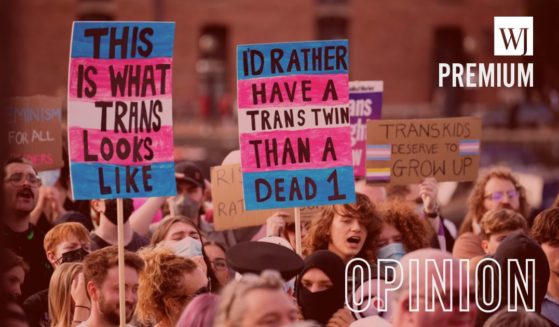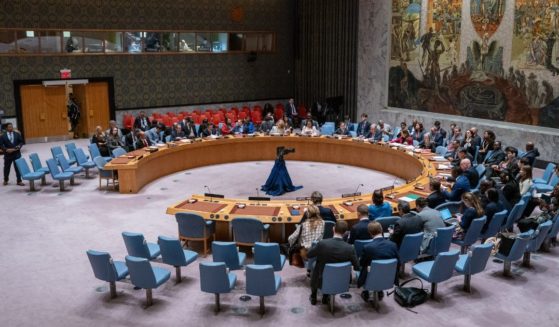Up to 70 migrants drown after their boat sinks off Tunisia
TUNIS, Tunisia (AP) — As many as 70 migrants trying to reach Europe from Libya drowned Friday when their boat capsized in the Mediterranean Sea, and at least 16 other people from the boat were rescued, according to U.N. migration officials and Tunisia’s state news agency.
The International Organization for Migration called it the deadliest migrant boat sinking since January. The drownings happened as migrant arrivals to Europe are decreasing.
The smuggling boat left Libya on Thursday and sent a distress signal in international waters early Friday off the Tunisian coastal city of Sfax, according to an IOM official in Tunisia and a statement from Tunisia’s Defense Ministry. Between 60 and 70 people drowned, said the official, who wasn’t authorized to give details about the emergency and spoke on condition of anonymity.
Three bodies have been recovered, the Defense Ministry said.
Tunisian state news agency TAP said 70 people drowned as the boat sank and that fishing boats rescued 16 others.
The survivors of the sinking are now being questioned and cared for by Tunisian authorities, the IOM official said. She said they included people from Bangladesh and Morocco, among other nationalities.
Joel Millman, an IOM spokesman in Geneva, said the reported death toll is the largest number of migrants killed since a Jan. 19 sinking in which 117 people were reported missing and presumed dead.
So far this year, 17,000 migrants and refugees have entered Europe by sea, about 30 percent fewer than the 24,000 arriving during the same period last year, according to the IOM. It said 443 people have reportedly died on dangerous Mediterranean Sea crossings so far this year, compared to 620 deaths for the same period in 2018.
Libya’s navy said Friday it rescued 213 Europe-bound African and Arab migrants off the Mediterranean coast this week. It said they were handed over to Libyan police after having received humanitarian and medical aid.
Lawless Libya in North Africa became a major conduit for African migrants and refugees fleeing to Europe after an uprising toppled and killed longtime dictator Moammar Gadhafi in 2011. Libyan authorities have stepped up efforts to stem the flow of migrants, with European assistance.
But human rights groups have strongly criticized Libya for its detention centers, saying migrants being sent back to Libya faced hunger, beatings, torture, rapes and a lack of medical care.
In addition, the head of the self-styled Libyan National Army launched an offensive against the government in the Libyan capital of Tripoli last month. The U.N. health agency says 443 people have died, 2,110 have been wounded and nearly 60,000 have been displaced by the violence.
___
Angela Charlton in Paris and David Rising in Berlin contributed.
The Western Journal has not reviewed this Associated Press story prior to publication. Therefore, it may contain editorial bias or may in some other way not meet our normal editorial standards. It is provided to our readers as a service from The Western Journal.
Truth and Accuracy
We are committed to truth and accuracy in all of our journalism. Read our editorial standards.












